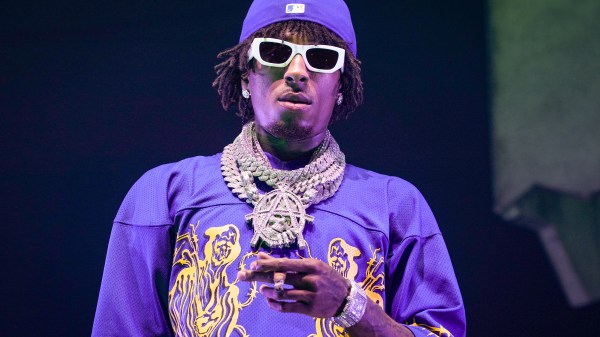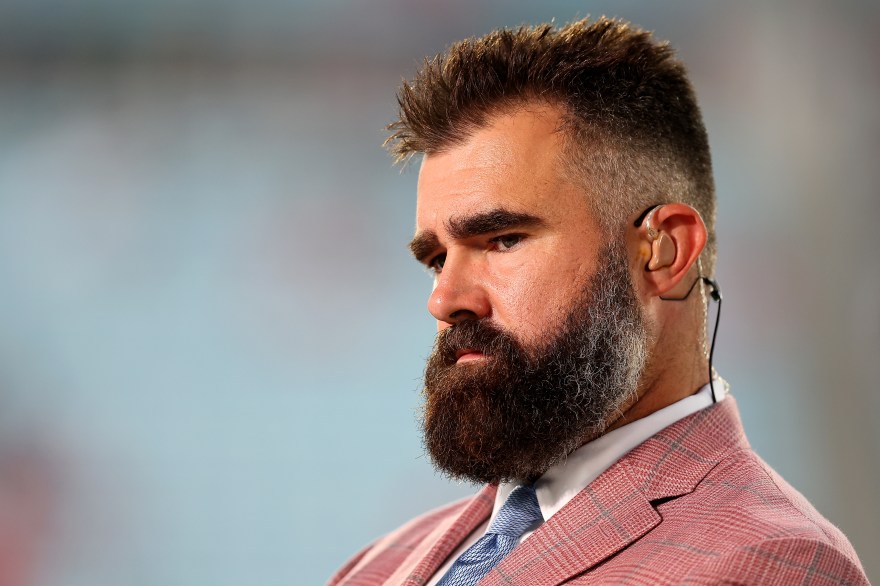Videos by According2HipHop
If you ever needed proof that hip-hop has become both everywhere and nowhere at the same time, look no further than Jason Kelce earnestly calling Sabrina Carpenter a “hip-hop artist” — and genuinely believing he was right.
On the latest episode of Not Gonna Lie, the former NFL star casually tried to help his wife Kylie guess next year’s Coachella headliners by telling her two of them were “hip-hop.” One of them, he added, was on a song with Taylor Swift, which led Kylie to correctly guess Sabrina Carpenter. Then came the million-dollar question:
“Did you count [Carpenter] as hip-hop?”
Jason didn’t blink. “I mean, what else would she be?” he said, before confidently declaring that pop and hip-hop are “the same thing these days.”
And that’s where the moment stops being funny and starts being revealing.
Because this isn’t just a dude mixing up genres — it’s a glimpse into how mainstream culture now treats the genre: not as a distinct art form with lineage, regional identity, and history, but as a vibe, a catch-all, a playlist aesthetic you can attach to anything with a beat.
Carpenter is not a rapper. Justin Bieber is not hip-hop. Karol G is not hip-hop. Yet to Jason — and a lot of casual listeners — the term has become shorthand for “youth music,” “algorithm-approved,” or “anything that isn’t rock.” Which raises the real question:
If everyone thinks they’re consuming hip-hop, but nobody can define it, who gets to claim the culture — and who gets erased from it?
That debate hits even harder when you zoom out to the charts. Because the same week Jason casually assigns rap status to a pop star, the Billboard Hot 100 Top 40 is officially rap-free for the first time since 1990. Kendrick Lamar and SZA’s “Luther” dropped off due to a new rule change, ending a 35-year streak of the genre’s uninterrupted mainstream presence.
Hip-hop isn’t dead. It isn’t declining. It isn’t “over.” But something is shifting: the genre is no longer guaranteed chart space, and the lines around who gets to claim its influence are getting blurrier by the day.
So when Jason Kelce says pop and hip-hop are “the same thing,” the real problem isn’t that he’s wrong — it’s that the music industry, the market, and the playlists are slowly making that confusion feel true.
Meanwhile, the rappers who built the culture are watching the genre get diluted, aestheticized, and charted out of the very spaces it created.
This isn’t about Jason Kelce. It’s about the moment we’re in:
Hip-hop is more influential than ever — and somehow, at the same time, more invisible.























